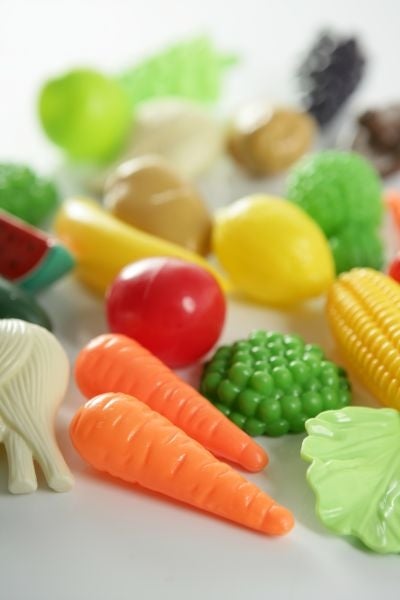IBM makes Earth-friendly plastic from plants

IBM researchers on Tuesday said they have discovered a way to make Earth-friendly plastic from plants that could replace petroleum-based products tough on the environment.
The breakthrough promises biodegradable plastics made in a way that saves on energy, according to Chandrasekhar "Spike" Narayan, a manager of science and technology at IBM's Almaden Research Center in Northern California.
Almaden and Stanford University researchers said the discovery could herald an era of sustainability for a plastics industry rife with seemingly eternal products notorious for cramming landfills and littering the planet.
"This discovery and new approach using organic catalysts could lead to well-defined, biodegradable molecules made from renewable resources in an environmentally responsible way," IBM said in a release.
The "green chemistry" breakthrough using "organic catalysts" results in plastics that could be repeatedly recycled, instead of only once as is the case with petroleum-based plastic made using metal oxide catalysts.
Plant plastics could also be made "biocompatible" to improve the targeting of drugs in bodies, such as cancer medicines aimed at killing cancer cells but sparing healthy ones, according to IBM.
"We're exploring new methods of applying technology and our expertise in materials science to creating a sustainable, environmentally sound future," said Almaden lab research director Josephine Cheng.
IBM is working with scientists at King Abdulaziz City for Science and Technology in Saudi Arabia to put the discovery to work in the recycling of plastics used in food and beverage containers.
"We are really starting to scratch the surface of what we can do with it," Narayan said of the process that has been demonstrated in the lab.
Plant plastics for things such as car parts could be made at lower costs than petroleum-based plastics while materials of soda bottle quality are "competitive," according to Narayan.
Details of the work are in a paper published this week in the American Chemical Society journal Macromolecules.
Join our commenting forum
Join thought-provoking conversations, follow other Independent readers and see their replies
Comments
Bookmark popover
Removed from bookmarks